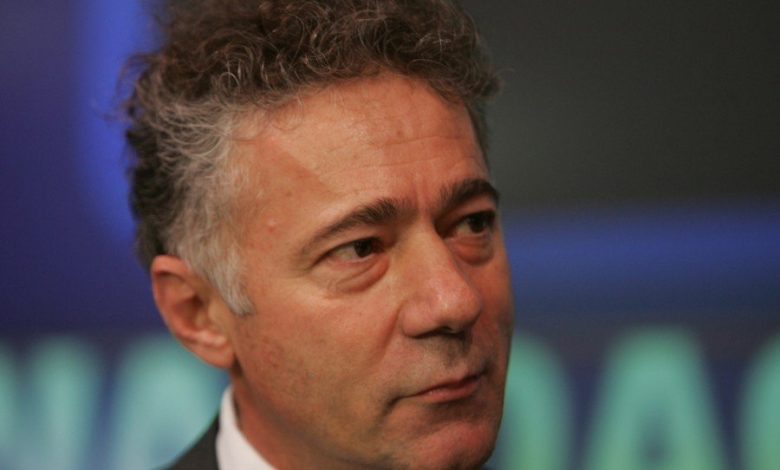ContainersDry CargoEuropeMaritime CEO
Paragon Shipping: “We shipowners are normally reckless and destroy our own market”

Athens: Michael Bodouroglou is in a reflective mood when Maritime CEO comes knocking at his door. He’s been mulling the mindset of fellow owners and their herd instinct tendencies, which tend to send shipping into red ink territory all too regularly. Bodouroglou is one of the big names in Greek shipping, in charge of dry bulk outfit Paragon Shipping, shipmanager Allseas Marine as well as container arm, Box Ships – the latter having the clever ticker TEU on the New York Stock Exchange.
Our conversation starts with dry bulk, something Bodouroglou is convinced has now bottomed out. “The recovery started 10 months ago,” he insists. However, volatility is here to stay, he warns. Supply and demand are balancing out on the dry bulk front, with the global orderbook now just 20% of the extent fleet. Bodouroglou is not worried about demand, noting the massive ongoing urbanisation in India and China.
“I am quite optimistic about dry bulk for the next two years,” he says, before ruminating: “Beyond that, it will depend how reckless shipowners are, and we shipowners are normally reckless and destroy our own market.”
Paragon has 14 ships in the water and another five to deliver. Ships are made up of all sizes apart from capes. “Capes are the most volatile and riskiest,” says the Greek national.
Bodouroglou is not so optimistic on containers. “There’s more of an uphill road before signs of recovery, although I do believe we have seen bottom of market,” he says. There is still overcapacity in the box sector, he notes, while demand is a problem still as that is driven by the developed economies. “Demand is not solid and supply is big,” he précises.
Box Ships has nine ships and none on order. The vessels are all mid-sized and Bodouroglou reveals to Maritime CEO he is tempted to get some smaller ships.
The past few years of horrendous shipping rates have taken their toll on the industry, but Bodouroglou wonders if all owners have learnt from this protracted downturn.
“It’s been a lesson to all of us to be less speculative,” he comments.
A keen reader of shipping cycles, Bodouroglou and his team ordered ships when they were at rock bottom prices.
“We are sitting tight in terms of more orders,” he says, adding: “We have exhausted our investment plans and now we are consolidating our position and finances.”
Among the newbuilds were a pair of boxships which Bodouroglou took financing from China, something he found to be tricky. “The process is slow, it is not easy and is tedious,” he recounts, suggesting that it will take a long time before Chinese ship financing becomes a true global force.
A look at how Bodouroglou and his team have handled the tricky past six years is a great example of a Greek shipowner handling cycles with aplomb.
“The Greeks are historically cautious,” he explains. “They understand the cyclicality of the sector well and are reluctant to invest when asset values are at their highest. Because of their experience they make sure they are liquid during a downturn – they understand the importance of liquidity in shipping – the importance of being cash rich to survive in the downturn and take advantage of any pick up.”
Prior to founding Paragon, Allseas and Box Ships, Bodouroglou co-founded Eurocarriers in the mid-1990s. Before that he was a technical superintendent for Thenamaris. [15/05/14]
